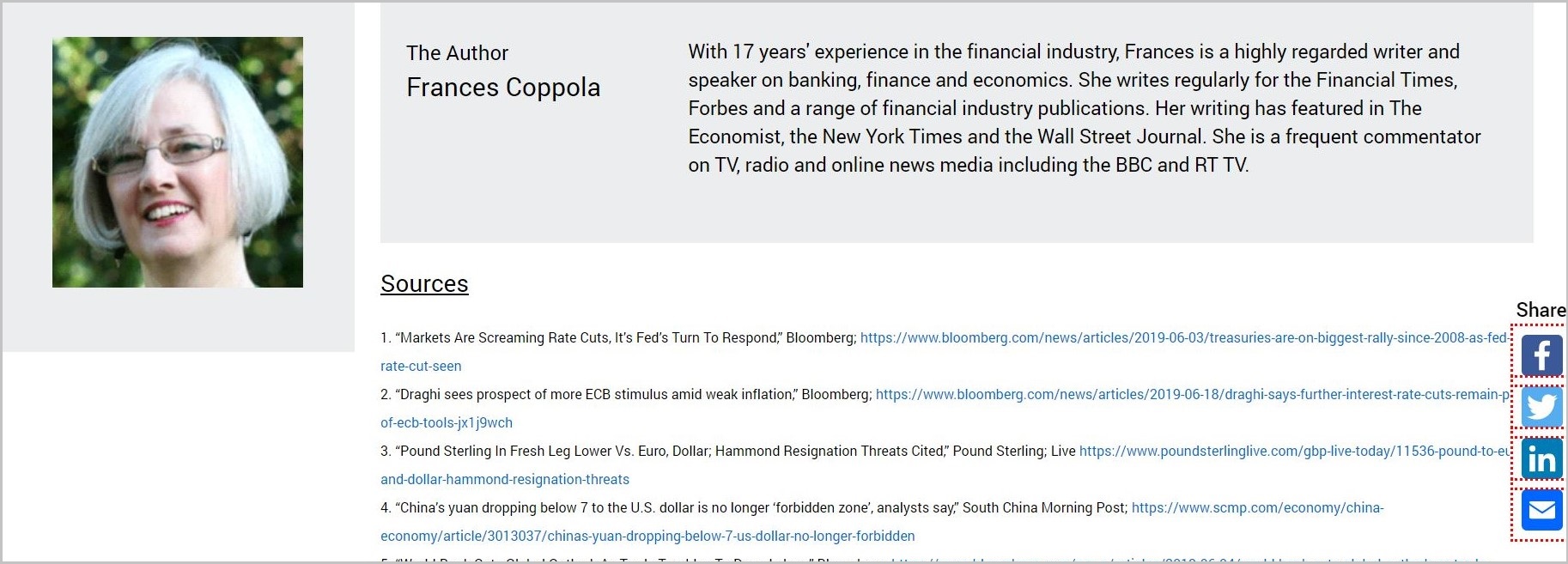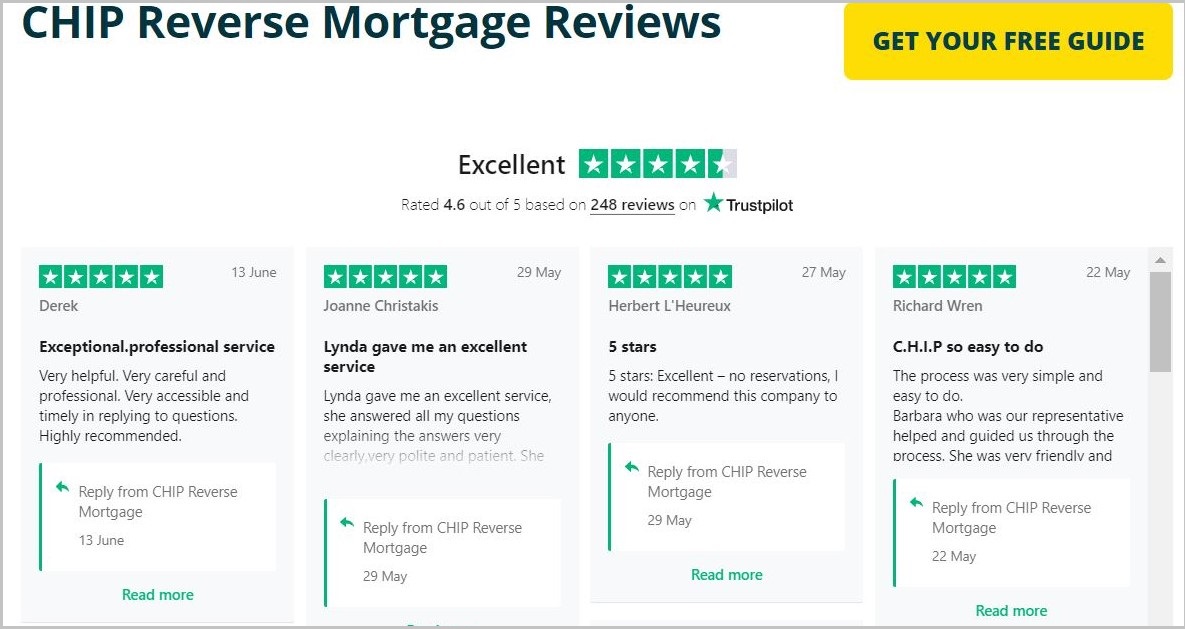Today, the E-A-T (expertise, authority and trustworthiness) metric is highly influential in determining how pages rank in search—especially for so-called YMYL (your money or your life) content.
The reason is that Google looks closely at page quality to assign rank. As Google describes in its Search Quality Evaluator Guidelines, high E-A-T is a prerequisite for a page to be considered high or very high quality.
How did this come to be—and what does the primacy of E-A-T mean for marketers and webmasters?
Putting E-A-T into context: How search works
Search engine crawlers sift through billions of pages, then rank-order them, using a diverse set of criteria, against specific keywords or keyphrases.
This rank-ordering rewards pages that have a very specific focus. A page that is optimized for the keyphrase “best travel credit cards” is, therefore, unlikely to rank for the related but fundamentally dissimilar search “best credit cards”.
Capturing user intent with strong content is just one piece of the SEO puzzle, however. Imagine the phrase “best credit cards”. When many pages are optimized for that particular phrase, how does Google rank them against each other?
The answer is: by looking at how valuable the page/domain is to users.
EAT: An expanded notion of what makes a page valuable
In the web’s early days, links were used as a proxy for value. Domains that had more inbound links were seen as more authoritative—and thus, more trustworthy.
While links are still relevant and remain highly correlated with rank, there are additional attributes that make E-A-T a more comprehensive measure of a domain’s value to the end-user.
In its search quality guidelines, Google says that the amount and quality of main content, website information, and website reputation all inform the E-A-T of a website.
“Think about the topic of the page,” the guidelines read. “What kind of expertise is required for the page to achieve its purpose well? The standard for expertise depends on the topic of the page.”
A human can intuitively look at a page and judge whether it has high E-A-T. The challenge for Google and its competitors has been to replicate that ability algorithmically.
The key components of E-A-T
While it seems like E-A-T is made up of three unique variables, they are difficult to separate into multiple contexts. This is why Google refers to them together and not as three different components.
Expertise refers to depth of knowledge and experience—in either a niche topic or across a broad topic category.
Certain key on-page attributes can signal expertise:
- An article’s depth/comprehensiveness, quantified in terms of the number of subtopics, the relevance associated with each of these subtopics and the amount and kind of data or examples cited
- The uniqueness of content, i.e., the number of sentences/paragraphs within an article that are completely unique
- The usage of complex vocabulary in a piece of content
- References to other expert articles
- The overall amount of high-quality expert content concentrated on a particular topic
- The overall breadth of coverage of different aspects of the topic.
Off-page attributes can also signal expertise:
- Content published by the entity in journals and on high-authority websites which have demanding selection criteria
- Association of the source with other known experts on different websites and pages
- Thought leadership expressed by the entity in topical forums, interviews, and conferences
- Validation on .gov sites, awards or patents

Authority is a vested position of topical superiority, often granted by an even higher authority.
Search engines use various signals to measure the extent of authority:
- Links to a page or citations from high-authority websites or identified bodies of authority
- The number of topically relevant backlinks pointed to the entity
- Communication from government agencies, regulators or industry bodies
- Association of the source with other known experts on different websites
- The number of search terms related to the topic for which the entity ranks

Trust, the final component of E-A-T, was defined by Aristotle as a quality possessed by those with practical intelligence, a virtuous character and goodwill.
More recently, influential work by Mayer, Davis, and Schoorman has identified expertise, integrity and benevolence as crucial factors of trustworthiness.
Borrowing these concepts, we are able to identify the following attributes as signals of trust:
- Best practices to safeguard a website from malware
- Best practices to communicate that a website is run by real people who can be contacted
- Best practices to communicate that customers can safely make payments
- Association with a list of trusted sites
- Whether the entity shares a hosting server with any known spam sites
- The entity’s association with forums and consumer grievance sites

What EAT means for marketers
While Google uses hundreds of variables to determine rank, we increasingly see E-A-T as one of the most impactful—particularly with YMYL (Your Money Your Life) topics like health and personal finance.
The reason is Google’s keen focus on end-user needs. Content that is more expertly written, more trustworthy and more authoritative is ultimately better for users, especially for topics where misinformation could be harmful.
Regardless of your site’s purpose, looking at your content with E-A-T in mind will:
- Result in better (i.e., more authoritative) answers to user queries
- Improve visitor engagement (e.g., time on site and bounce rate)
- Enhance SEO and search ranking
- Lead to more traffic and higher conversions
Optimizing for relevance (via strong content) and authority (via links) is no longer sufficient to guarantee high rankings. Instead, marketers must think about their pages the same way that Google now does: by way of the holistic E-A-T approach.
The Final Word
Having relevant content and cultivating backlinks were once the primary elements of moving rank. Today, though, marketers, webmasters and SEOs must consider how well their pages and domains perform under the E-A-T methodology. Scoring for E-A-T—via a tool like ALPS—will increasingly become a necessity for search success.
Reach out to us with questions/comments here or request a free ALPS demo here.



